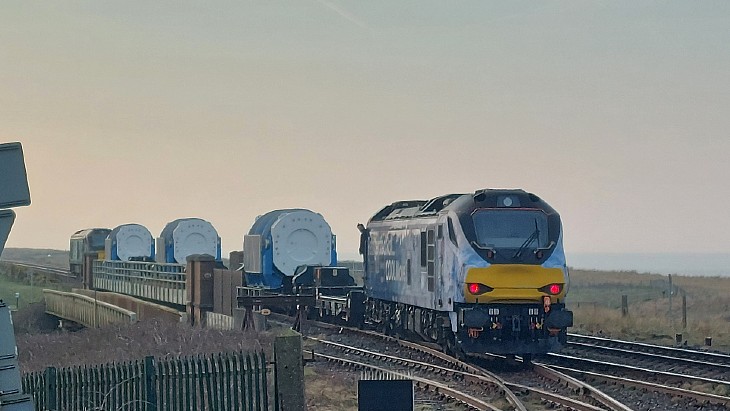
Industry leaders have called for governments to better protect subsea cables amid rising security threatsA group of leading European telecoms and infrastructure providers has called on the EU, UK, and NATO to step up joint efforts to protect subsea cable infrastructure, warning of growing threats to systems critical for Europe’s connectivity and security.In a joint letter, signatories including GlobalConnect, Vodafone, Orange, Telecom Italia Sparkle, and Alcatel Submarine Networks emphasised the importance of a coordinated response to recent hybrid threats, including recent incidents in the Baltic and North Seas.The group stresses that subsea cables are vital to Europe’s “connectivity, competitiveness, defence readiness, and economic stability”, and call for increased collaboration between public authorities and industry stakeholders across borders.The letter backs the EU Action Plan on Cable Security, describing it as a “clear approach to further increase the resilience and security of subsea cables”. It also supports the European Commission’s intention to work with industry to define Critical Projects of European Interest (CPEIs) and deploy protection and surveillance technologies.“We welcome in particular the reference made to the instrumental aspect of the Connected Europe Facility (CEF),” the letter states, adding that “instruments of the UK authorities and of NATO could strengthen the momentum if coordinated effectively.”The...

